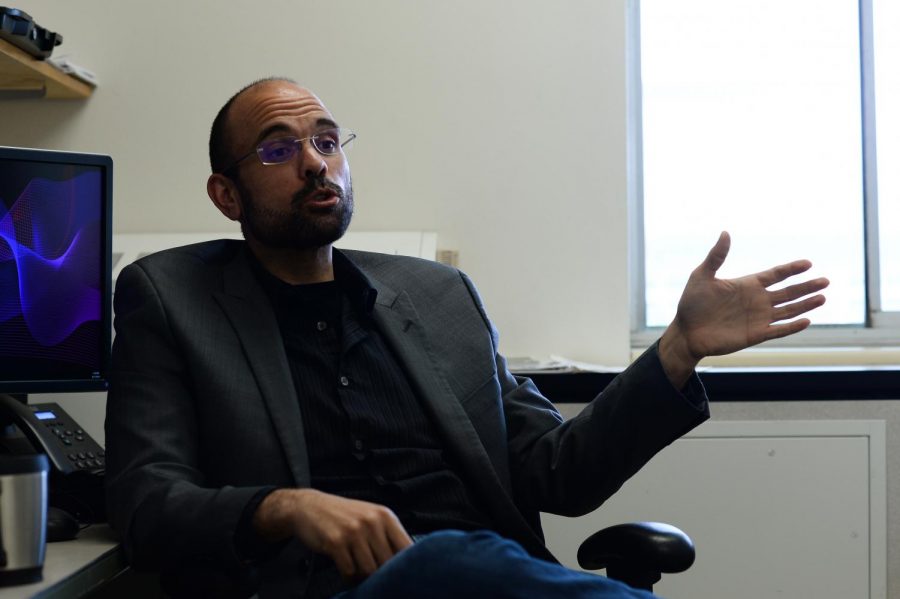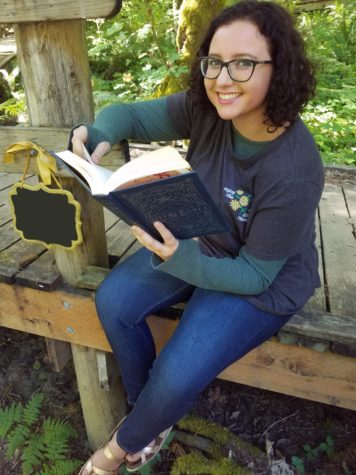WSU students conduct research on mental health resources
Research aims to develop connections between mental health professionals, law enforcement; Pullman PD receives at least 20 mental health calls per week
JACOB BERTRAM | DAILY EVERGREEN FILE
“Oftentimes, you’ll see these types of interventions or reform efforts,” said David Makin, associate professor of criminal justice and criminology. “But they don’t really integrate well into community characteristics.”
March 4, 2021
WSU criminal justice and criminology graduate and doctoral students are partnering up with the Pullman Police Department to devise a mental health field response program.
Pullman Police Chief Gary Jenkins said the intended outcome is to combine law enforcement officers with mental health professionals to better resolve mental health calls.
“We want to be able to work together and provide that mental health component much earlier in the intervention,” Jenkins said.
David Makin, WSU associate professor of criminal justice and criminology, said he approached Jenkins at the Reimagining Public Safety in Pullman Virtual Summit last year to discuss potential research project ideas for his students.
“Something that Chief Jenkins has been very interested in is exploring the suitability of different types of mental health interventions,” Makin said, “including different ways to deploy resources, collaborate and partner in terms of responding to those types of incidents.”
The research project is only in its early development, but it will consist of two main steps. First, the students will research the resources that are currently implemented by other cities to understand the outcomes of those resources, he said.
Second, students have to decide whether the Pullman community is able to implement them. If not, then they will need to decide what needs to be altered in order to gain resources.
“Oftentimes, you’ll see these types of interventions or reform efforts,” Makin said. “But they don’t really integrate well into community characteristics.”
Jenkins said he would like to see what the research will show, particularly the need for mental health programs and whether the expenses would be justified. He intends to work with local mental health professionals to put together a reform program for mental wellness.
At the moment, responses to extreme mental health calls involve relocation to the Pullman Regional Hospital where a mental health professional conducts an evaluation to determine a patient’s need for care, Jenkins said.
“We can also work with someone on a voluntary basis and connect them to two or three sources for mental health assistance,” he said.
Eastern Washington has access to mental health professionals, Jenkins said, but follow-up care is limited.
“We find ourselves a lot of times without a lot of resources,” he said. “If there’s a way that we can perhaps get together more resources and get them connected earlier, hopefully, that will reduce the incidences that police are involved with.”
Pullman PD receives at least 20 mental health calls per week, he said.
“We’ve definitely seen an increase [in mental health calls], and I think COVID-19 has contributed to that,” Jenkins said. “And that’s on top of the increase in mental health-related incidents we’ve gone to over the past few years.”











